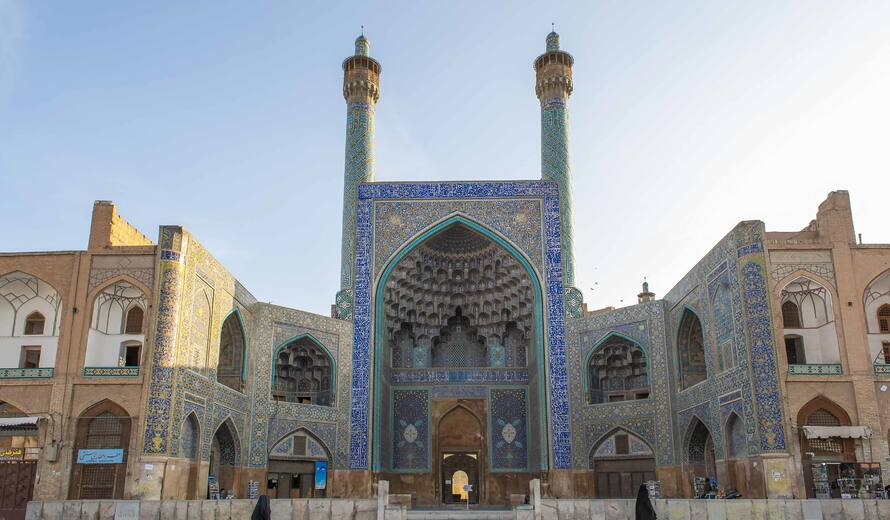UNESCO Tehran Cluster Office in collaboration with the Iranian Cultural Heritage, Handicrafts and Tourism Organization (ICHHTO) concluded the “World Heritage Specialist Guide Training Program” in Iran
Tourist guides from World Heritage Sites in Iran participated in the “World Heritage Specialist Guide Training Program” in Kermanshah from 04 to 08 August 2019 to upgrade their knowledge of World Heritage Sites and acquire new skills needed to become a specialized World Heritage tour guide.
The participants composed a mixed group coming from the Iranian Cultural Heritage, Handicrafts and Tourism Organization (ICHHTO) and the Iranian Federation of Tourist Guides Association (IFTGA), thus bringing together the private and government sectors to exchange on best tourism practices and issues affecting the cultural tourism industry.
The workshop addressed a number of topics including heritage conservation, interpretation, tourism management and local community participation. The first two days focused on the key concepts of the 1972 Convention, including the criteria for inscription in the World Heritage List and the Outstanding Universal Value (OUV).
The workshop continued with important information on conservation and preservation of heritage sites and concluded with the key skills needed to be a professional tour guide: presentation, interpretation and influencing visitor’s behavior. As part of the training, ICHHTO organized a site visit in Bisotoun World Heritage Site for all the participants.
Mr. Cvetan Cvetkovski (Officer-in-charge of the UNESCO Tehran Cluster Office) concluded by “expressing the strong commitment of UNESCO in standing side by side with Iran to ensure that World Heritage Sites are preserved for the future generations and that sustainable cultural tourism benefits the country and the many visitors traveling to explore this beautiful land.”
This workshop was the first of the many initiatives that in the following three years will be organized under the EU-funded project “Silk Roads Heritage Corridors in Afghanistan, Central Asia and Iran- the International Dimension of the European Year of Cultural Heritage” implemented by UNESCO Tehran Cluster Office in close collaboration with the Iranian Cultural Heritage, Handicrafts and Tourism Organization.
